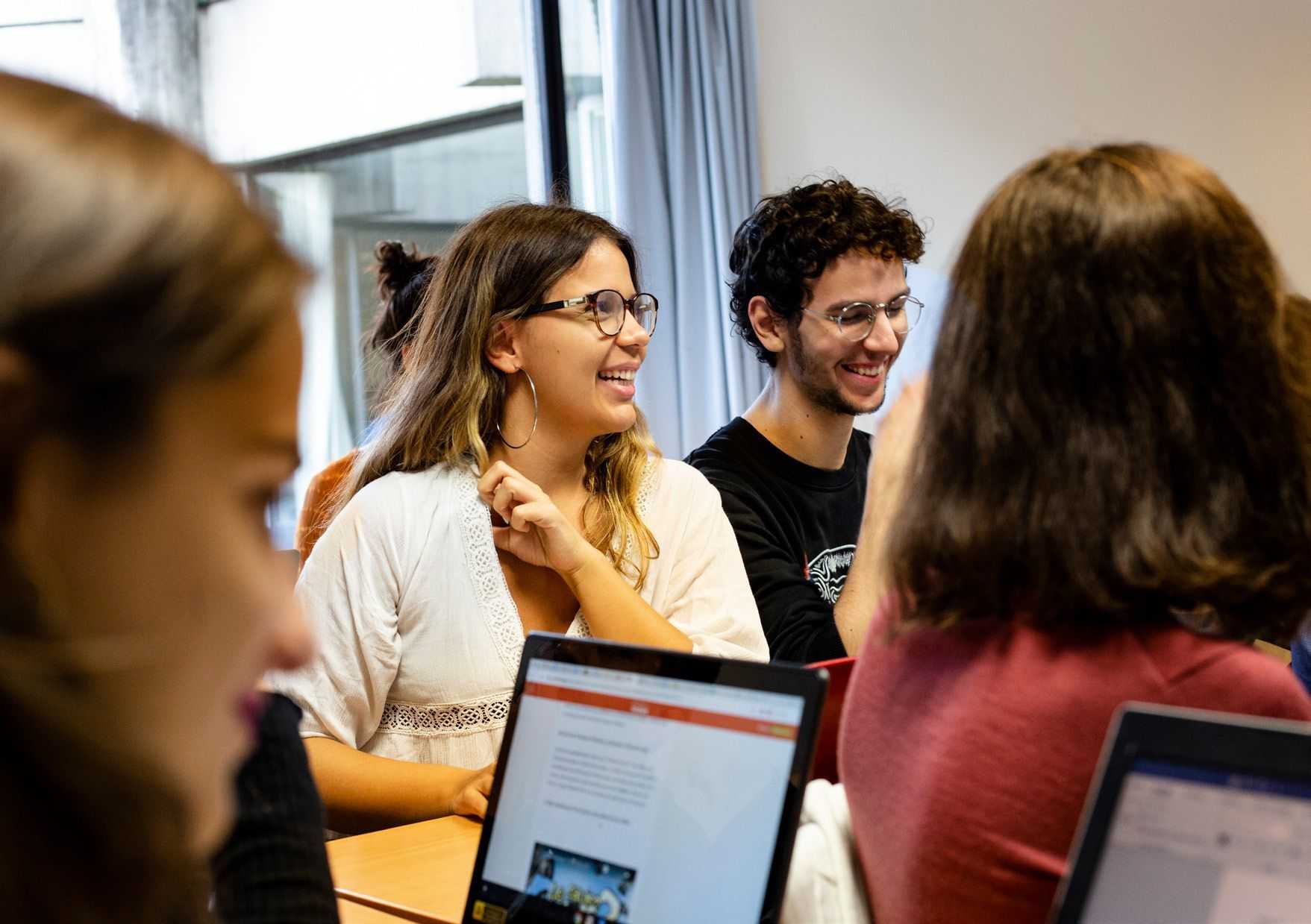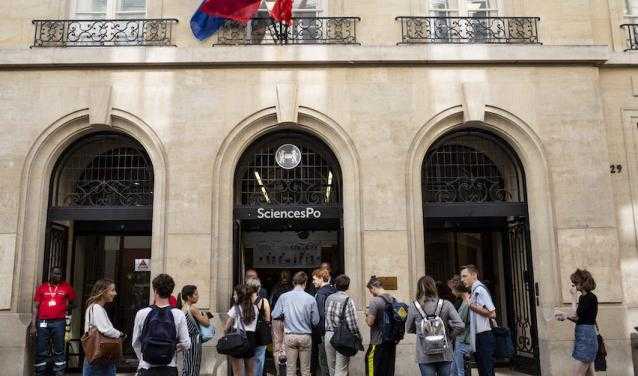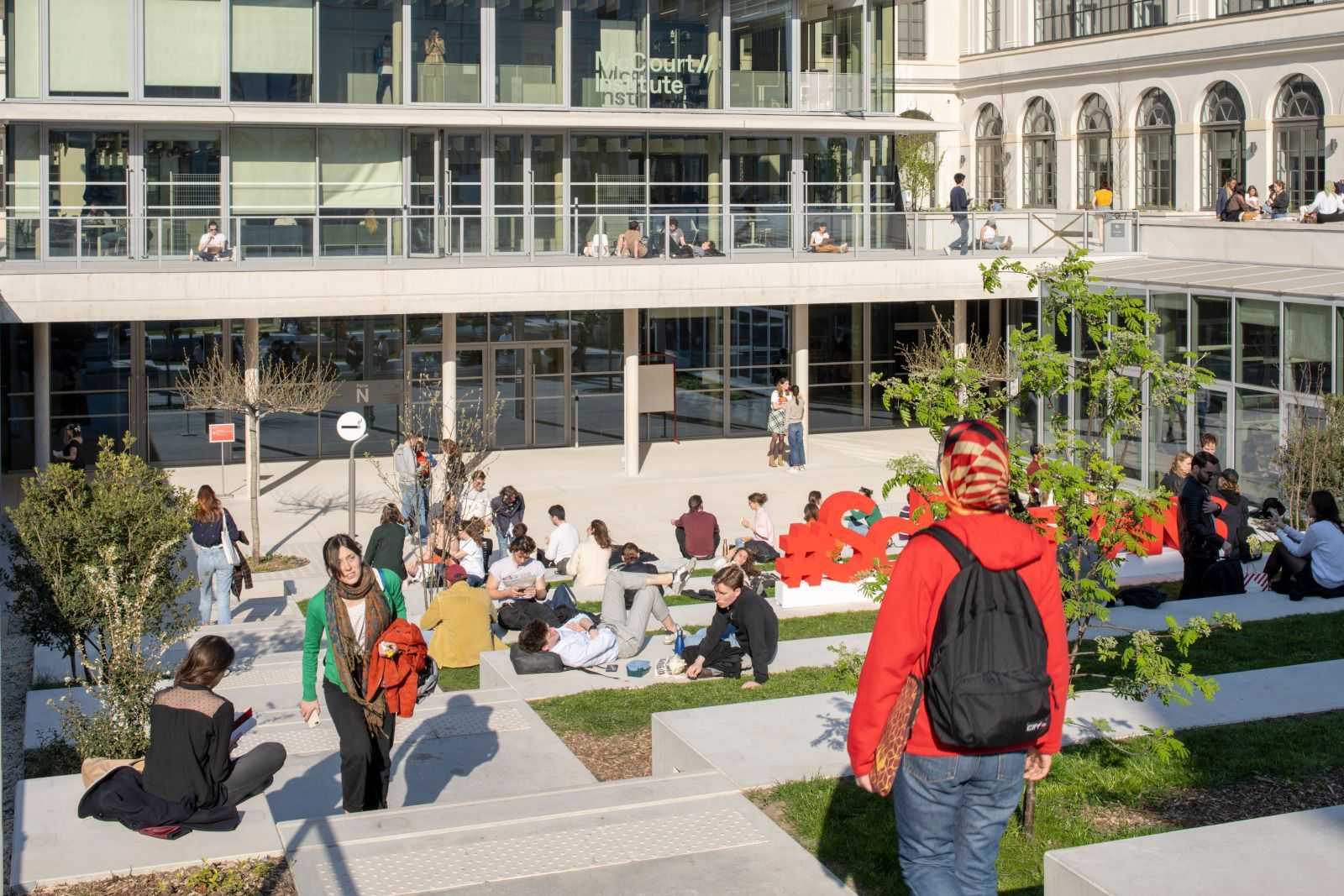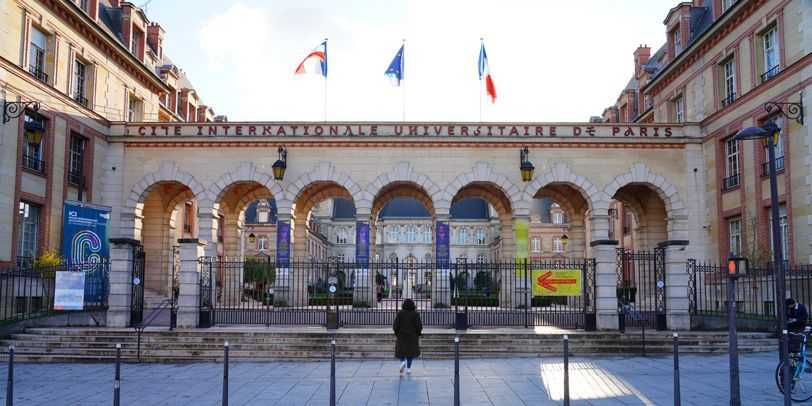
Home>Fees & Funding>Create a budget
Create a budget for the duration of your studies
The information provided below will help you prepare for your studies. By preparing a sound budget, you may avoid certain financial troubles and fully benefit from your studies at Sciences Po.
Be sure to consider your potential expenses and living costs for the duration of your studies beforehand.
The cost of living varies depending on your exact location. It is particularly high in Paris compared to other cities. You should expect to pay, on average, €885 in monthly rent in the capital. A global budget including the cost of food, transport, books and leisure activities should be at least €1,235 per month.
You must also include tuition fees (€14,720 for the undergraduate level and €20,380 for the Master level for 2024-2025 for students whose parents have a tax residence outside of the European Economic Area). For students whose parents’ tax residence is located in France or Europe, an online calculator will allow you to estimate the amount of your tuition fees.
Do not underestimate the cost of accommodation. €885 represents the average cost and you may potentially pay higher rent. Keep in mind that your landlord will ask you to pay the equivalent of one month's rent as a deposit in addition to the first month's rent when you sign your lease.
Remember to include travel expenses if you live outside or far from France.
Should you plan on working during your studies, bear in mind that it may take some time before finding a job.
The “Student success and orientation” law (loi “ORE”) presented by the government has established a new student life and campus contribution (CVEC) of €100 per year (fee for 2023-2024). The amount is due for all the students enrolled in higher education studies. For more information, visit our CVEC page.
Sciences Po awards scholarships on the basis of merit, which by definition are not available to all students.
You should research potential funding from your home region, government, or inquire with foundations or private sector businesses, etc. Be sure to explore all possible options, such as those listed by Campus France. Start early, as the application process may be time-consuming. In several countries you may also take out a student loan from a bank, which you will be obligated to reimburse once you are employed.
Further information about bursaries and financial aid.
Cost of living on sciences po's regional campuses
| Campus | Accommodation (monthly rent for a studio apt) | Food (monthly) | Culture, leisure, entertainment (monthly) | Transport |
|---|---|---|---|---|
| Dijon | €380-€450 (water and electricity included) | €250-€300 | €50-€70 | Most students get around on foot or by bicycle.
|
| Le Havre | €350-€450 (CROUS student housing) €380 à 450 (private accommodation) | €200-€250 | €50-€70 | Most students get around onfoot or by bicycle.
|
| Menton | €205-€365 (student residence) €450-€650 (water and electricity included, private accommodation) | €200-€300 | €50-€100 | Most students reside near the campus. Nonetheless, the annual pass (under 26 years old) costs €112 Round-trip Menton-Nice train fare: €12 |
| Nancy | €380-€450 (water and electricity included, private accommodation) | €200-€250 | €50-€70 | Most students get around on foot or by bicycle. Unlimited monthly bus pass: €20 or €17 for scholarship holder students |
| Paris | €700-€1000 (water and electricity included, private accomodation) | €250-€300 | €100-€150 |
|
| Poitiers | €340-€440(water and electricity included, private accommodation) | €200-€250 | €50-€70 | Annual transport card subscription: €200 |
| Reims | €350-€550 (water and electricity included, private accommodation) | €200-€300 | €50-€70 | Monthly bus pass: €29.70, yearly bus pass €267.36 Students generally go on foot or by bike Bicycle pass : €20 per month / €80 per year approx. |
Contact the Student Services Centre
Reception on site, without appointment, at 13 rue de l'Université, 1st floor:
- Monday and Wednesday from 9:30am to 4pm
- Tuesday, Thursday and Friday from 9:30am to 12pm
Digital reception on Zoom, without appointment:
- Tuesday and Thursday from 1:30pm to 4pm



